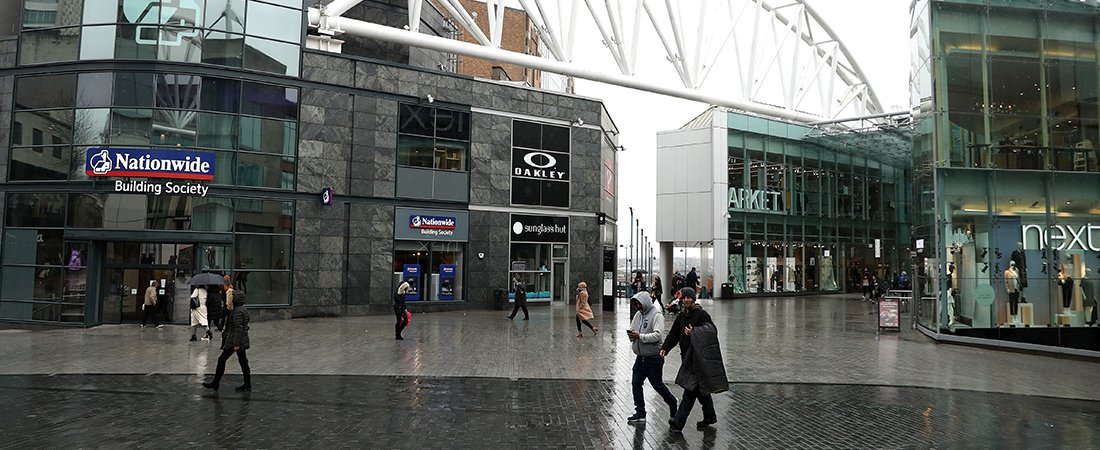During my time on the Today programme I covered news stories with enormous global impact. I thought that no single issue could ever again induce the sense of numbness and panic that followed 9/11, or the way the financial crisis saw apparent economic certainties appear to come crashing down overnight.
This time, with the Coronavirus, we are all part of the story
Although the heart of this issue is, of course, the global health impact of the virus, it is also undoubtedly a massive economic and business story. What do companies need to be thinking about in terms of how they respond and communicate?
Firstly, businesses must not be afraid to over explain. Big stories magnify existing audience habits. Those who usually consume a lot of news will binge even more, searching for endless sources of information and opinion. At the same time, people who may not have seen a news headline in months tune in and want clear, concise explanations.
Companies are going to be asking a lot of society, whether that be patience with changing behaviours or through financial help. They need to talk to audiences if they want them to understand. That doesn’t mean simply telling people to do or not to do something and expecting it to happen.
Business leaders and owners need to remember that this crisis will change the terms of their social licence to operate. During the financial crisis, US car bosses demonstrated that arriving in Washington in your private jet to ask for a bailout is not a great look.
Lots of companies are going to find themselves in the position of essentially becoming front line emergency services. Supermarkets are the obvious example here, but telecoms and tech companies not far behind.
These companies will need to be ready to think, and communicate, in new and unfamiliar ways. I fully expect that we will soon see companies like Ocado communicating less through standard corporate communications and more like the Police at a major incident.
Crucially, tone will be at least, if not more important than what is actually being said. Even Chris Whitty and Sir Patrick Vallance, who have been excellent, have found out how hard it is being in the daily glare and having every word analysed and subjected to the magical merry go-round that is social media.
This is no time to be selective or to be playing favourites with journalists. Whilst scoops are great for those journalists who get them, they are guaranteed to put noses out of joint elsewhere. With transparency and clear communication being so crucial, it is much better for organisations to tell everyone at the same time.

